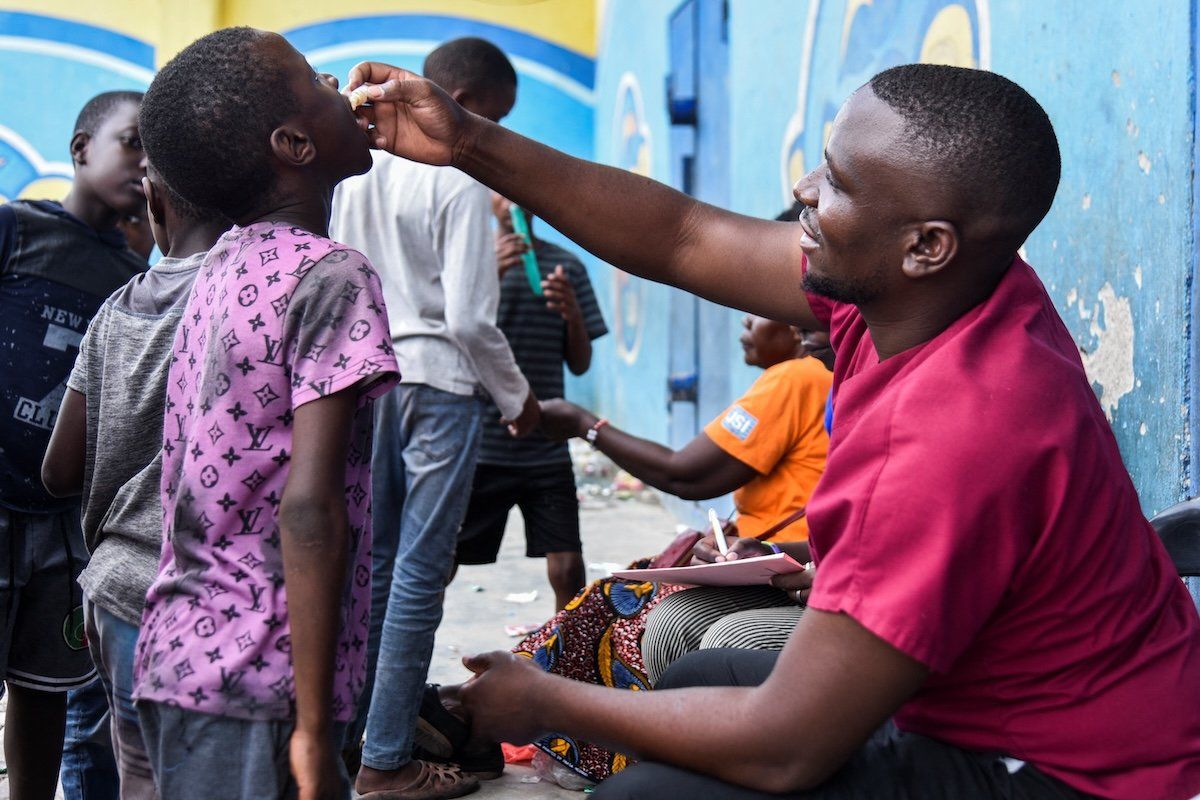4,000: The worst outbreak of cholera in a decade has already claimed at least 4,000 lives in half a dozen countries of central and southern Africa. Experts say the resurgence of the waterborne illness is due to wetter weather, vaccine shortages, and underinvestment in water and sewage infrastructure.
214: The US House of Representatives voted late Tuesday to impeach Homeland Security Secretary Alejandro Mayorkas, 214-213, on charges that he has “willfully” refused to enforce border laws and breached public trust. This marks an escalation of Republican efforts to attack President Joe Biden and Democrats over immigration.
3.1: In the latest round of the monthly “did inflation ease more/less than we thought?” sweepstakes, the US came up short, posting annual consumer price growth of 3.1% in January, two-tenths of a point higher than expected. The data suggests the US Fed will chill a bit longer before cutting key interest rates, which currently sit between 5.25% and 5.5% as a result of a two-year-long campaign to tame inflation.
9: A nine-mile stretch of coastline in Trinidad and Tobago is “blackened,” the government says, following an oil spill by an unknown vessel last week. The origin and type of the boat, which ran aground and flipped over off the southwest coast of Tobago, is still unknown, and the situation is “not under control.” The disaster comes as the Caribbean nation prepares for its world-famous carnival, a major tourist draw.
2.2 trillion: There’s hardly a business like the arming business, it seems — global defense spending jumped 9% last year to a record high of $2.2 trillion, according to a new report by the International Institute for Strategic Studies. The Ukraine war and NATO’s increased defense spending are a big part of the story, but with China growing more assertive and the Middle East embroiled in fresh conflict, the report warns that we are entering a global “era of insecurity.”
